Australian Electoral Commissioner Tom Rogers claims people have lost ability to queue as society becomes more impatient
Australians have “lost the ability to queue”, according to the nation’s top electoral official, in what experts say is a sign society is becoming increasingly impatient and frustrated.
Local
Don't miss out on the headlines from Local. Followed categories will be added to My News.
Australians have “lost the ability to queue”, according to the nation’s top electoral official, in what experts say is a sign society is becoming increasingly impatient.
Conscious of the frustration expressed by voters who had to wait to cast ballots in recent polls, Australian Electoral Commissioner Tom Rogers has told a NSW parliamentary inquiry anger about lining up is influencing our rate of engagement with democratic practices.
Social researchers say frustration at the simple act of queuing is indicative of rising rates of impatience in other parts of society, with instances of road rage and customers being aggressive towards retail workers also on the up.
Mr Rogers’ comments follow a packed year of elections in NSW, where voters head to the polls for the Voice referendum and council elections, while a federal election is also looming.
At the recent council elections, large numbers of complaints were made about people having to queue to cast their ballots in the Liverpool and Fairfield areas.
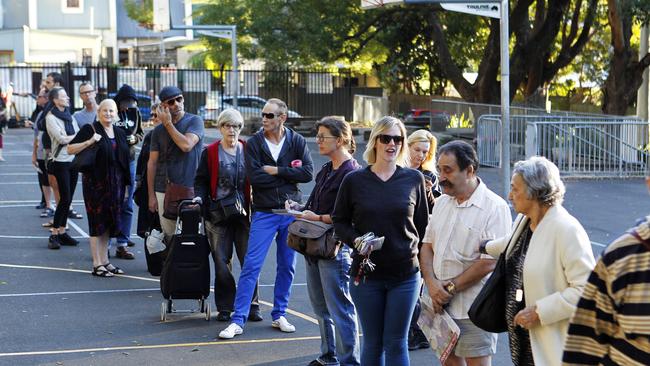
“We’ve lost the ability to queue, and if people stand in a queue for longer than about 30 seconds, then oh my God, the world has come to an end,” Mr Rogers said.
Kayla Steele, a research fellow and clinical psychologist at the UNSW Black Dog Institute, said frustrations over queuing may be a lingering effect of the Covid-19 pandemic – an era defined by long testing queues, tussles over toilet paper and queues to buy rapid antigen testing kits.
”One hypothesis from social psychologists is that people may experience greater impatience after waiting longer and this might be related to the physical toll of waiting such as exhaustion from standing in a line, growing hungry while waiting for food or the mental toll related to boredom and a feeling that one is missing out on opportunities,” she said.
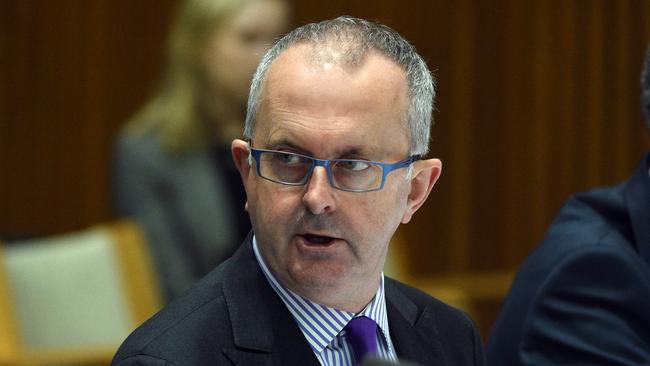
“This may be relevant to the Covid-19 pandemic, which took a huge physical and mental toll on individuals and society more generally and could mean that people are less resilient than pre-pandemic and more vulnerable to negative feeling and emotional states.”
Australian Retail Association chief executive Paul Zahra said frustration over queues was also evident in the retail sector which has had a rise in “customer aggression” directed at staff over the past three years.
Across Australia, nearly 700,000 total retail crime events recorded by retailers in the year ending to April 30, 2024 – of which 16 per cent involved “threatening or violent behaviour”.
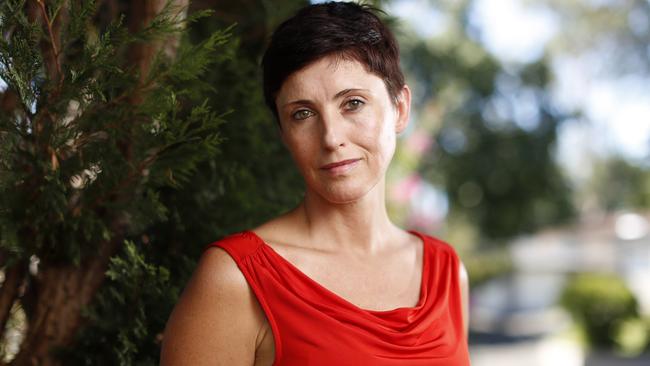
Xanthe Mallett, a criminology specialist who studies human behaviours, believes there has been “social breakdown” since the Covid pandemic, with people becoming “less tolerant of others” in busy social settings.
”During the pandemic, there was a fear of other people,” she said.
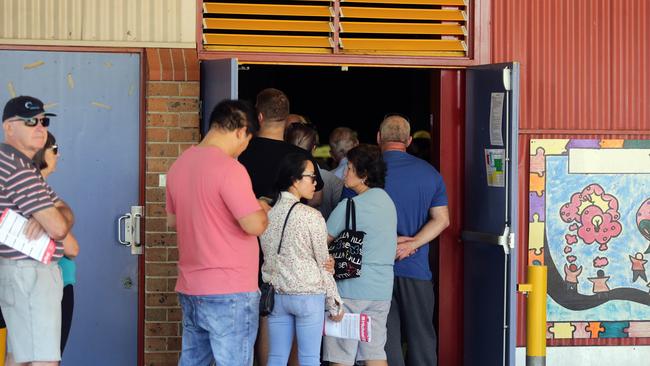
“If you sneezed outside, people looked at you sideways.
“I think that lingering fear has led to some of the social disconnection we’re seeing now and, in a way, it’s made people less empathetic.”
Clinical and counselling psychologist Elisabeth Shaw, the chief executive of Relationships Australia, said frustration at queuing could be a sign of people “forgetting” how to connect with others in social settings as society increasingly lives in a world behind screens.
Working from home has become more common, and she said there was also a trend of people becoming less able to withstand unexpected shocks to their comfort zones.
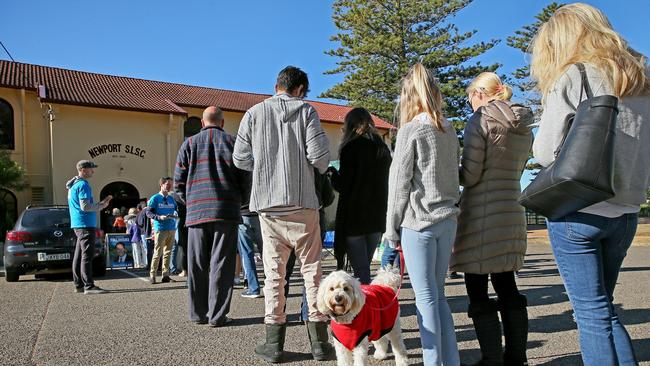
“Since Covid, more people are having to get by with things that don’t suit them, such as queuing,” she said.
“I think that frustration is due to the ongoing protest and railing against some aspects of life that have changed from the ways people knew it which was part of their predictability, routine and comfort zone.”
Mr Rogers said the Australian Electoral Commission had invested significant work into “queue management” following research that showed citizens’ views of democracy were shaped by their experience when they turned up at a polling place.
The quality of the experience was influenced by factors that included “whether there was a queue or no queue, and the sausage”.
Overseas research has previously been conducting on queuing, with one study from the University College London finding the average person was only willing to line up for five minutes and 54 seconds before giving up in exasperation.





